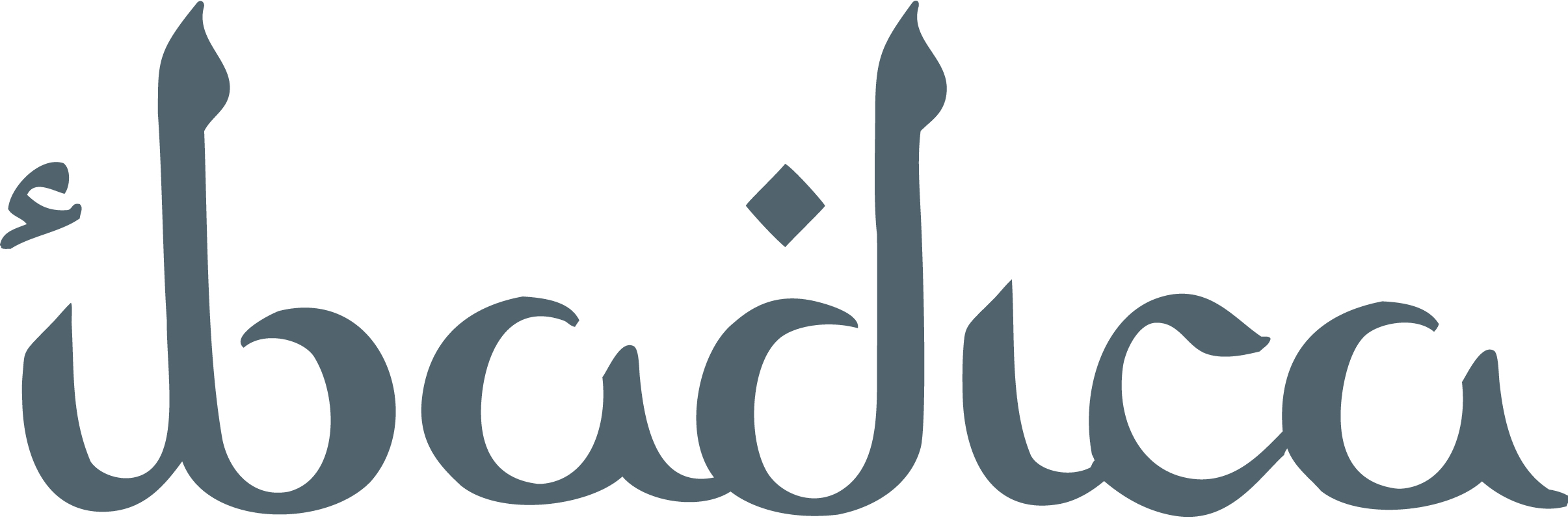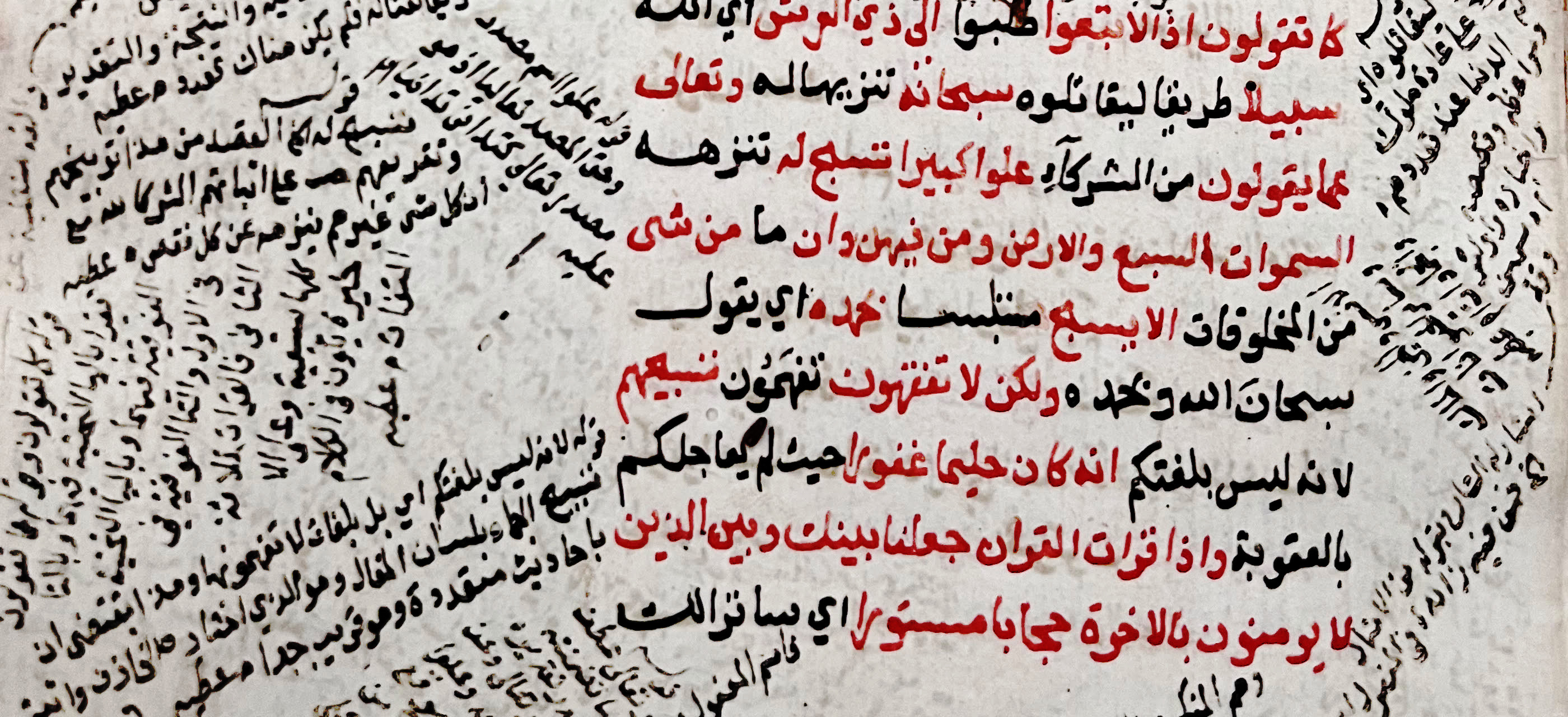The Great Man-Made River Project in Libya: An Overview of the Current Status and Future Prospects
Contenu
- Titre
- The Great Man-Made River Project in Libya: An Overview of the Current Status and Future Prospects
- Date
- 2025
- Résumé
- The Great Man-Made River Project (GMMRP) was implemented to address Libya’s water scarcity problem by utilizing groundwater instead of desalination due to cost, capacity expansion, and operational considerations. The GMMRP aimed to produce and transport 6.4 million cubic meters of groundwater daily to meet the water demands of northern Libyan urban settlements for domestic, agricultural, and industrial use. The GMMRP has achieved its objectives of improving the quality of life for residents, alleviating pressure on coastal aquifers, and promoting sustainable development, without any adverse environmental impacts. However, the GMMRP has faced significant challenges following the 2011 Libyan civil war. These include a decline in financial resources due to political conflicts, lower oil production and prices, and direct and indirect economic losses from damage caused by armed conflict and lack of security. Additionally, the GMMRP faces a considerable discrepancy between the cost of water production and the price charged to consumers, insufficient revenue generation, and an inability to import critical spare parts and materials for maintenance operations. Other challenges include unclear criteria for water allocation, incomplete information to estimate the costs of development investment plans, frequent electricity supply interruptions, and infrastructure issues. Furthermore, to ensure the project’s sustainability, its recommended to develop a sustainable financial plan, improve billing and collection processes, priorities infrastructure maintenance, and develop effective monitoring and inspection systems. Also, it suggested creating a comprehensive national strategy for managing water resources and prioritizing water supplies for urban, industrial, and agricultural uses. The integration of planning for irrigation water management, investing in treated wastewater, and transparently allocating water among users based on economic, technical, social, and environmental standards are also recommended. Additionally, strengthening security measures, implementing effective pollution control measures, and promoting water-saving technologies and practices. Overall, the GMMRP has been successful in providing a solution to Libya’s water scarcity problem. Still, there is a need for concerted efforts to address the challenges it faces to ensure its sustainability.
- Editeur
- Springer Nature Switzerland
- Place
- Cham
- Langue
- eng
- rédacteur
- Zurqani, Hamdi A.
- pages
- 17-40
- ISBN
- 978-3-031-80920-0
- Titre abrégé
- The Great Man-Made River Project in Libya
Position : 19841 (27 vues)

